All you need to know about auctions
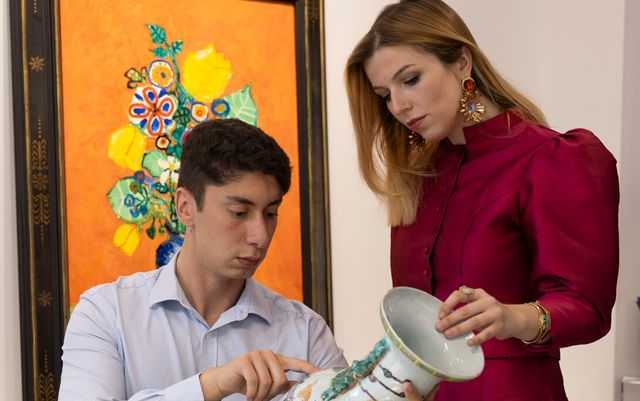
All you need to know about auctions
Auctions have been around since antiquity, enabling goods to be presented publicly and sold by accepting the highest bid. Auctions enjoy a strong reputation, but it's hard to get your head around them: voluntary sales, judicial sales, online sales, live sales, online sales, sales at the Hôtel Drouot, sales rooms... Find out more.
The different types of auctions
There are several types of auction. First of all, there are two types of sales: voluntary auctions and judicial auctions.
The so-called voluntary auctions
In so-called "voluntary" sales, the seller voluntarily entrusts an object to a trusted intermediary, in this case the auctioneer, who will authenticate, appraise and estimate the price free of charge on his behalf, before putting it up for auction. These sales are voluntary because they are not forced: the buyer is free to decide whether or not to sell the item.
Auctie's is a voluntary sales company only.
The so-called judicial auctions
Auctions can also be judicial: these are known as forced sales. These forced auctions are prescribed by law or by a court decision.
They can only be carried out through the intermediary of a court-appointed "Officier Ministériel", i.e. notaries and, more frequently, "commissaires de justice".
Judicial auctions are only used in certain types of cases.
For example, when an item is abandoned in a garage or furniture repository, a public official is appointed to carry out the auction.
This is also the case for customs seizure auctions. Sales taking place after companies have filed for bankruptcy are also judicial auctions.
The company in receivership has various debts, including suppliers to pay.
To pay off part of the company's debts, the auctioneer can draw up an inventory of the company's assets (industrial equipment, vehicles, stock, etc.) and auction them off to recover part of the price, which will be used to settle the liquidation.
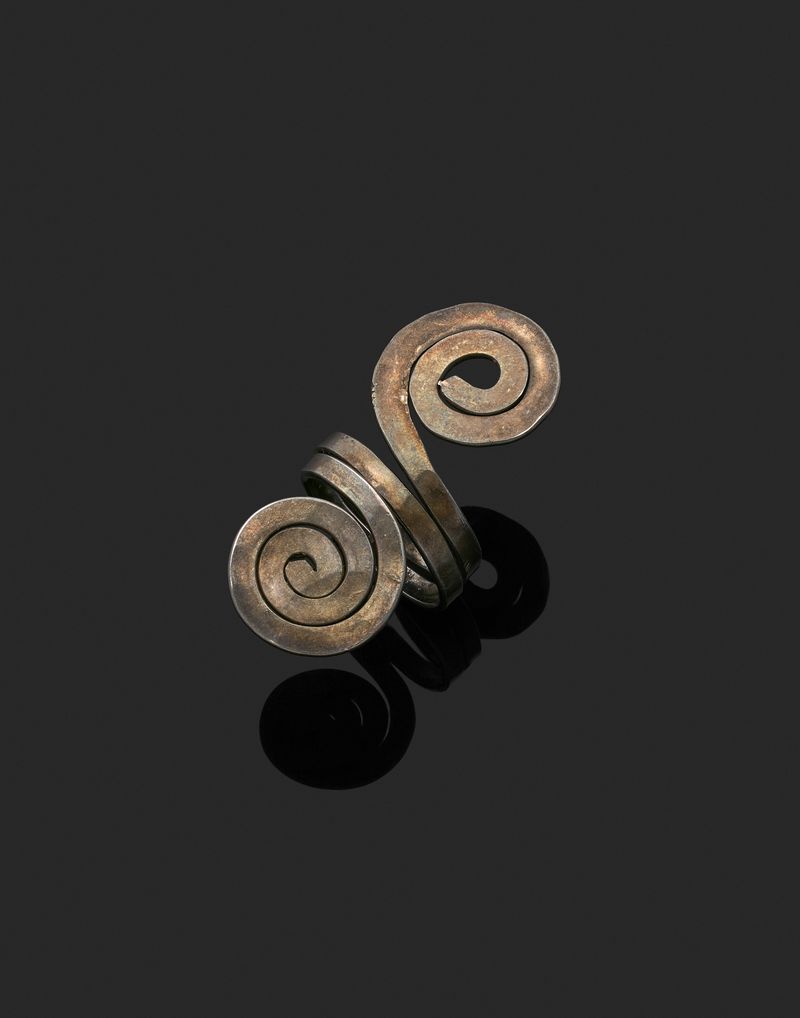
What can be sold at auction?
Auctions enable all types of goods to be sold, at the best possible price. The auctioneer opens the bidding at a low price, allowing anyone to participate by placing a bid.
But can you sell everything at auction? What types of goods can be sold? Auctions can be of two types: real estate or personal property.
Selling real estate
Auctions of real estate, i.e. apartments, houses and premises are the prerogative of French notaries. Only they are authorized to carry out real estate auctions under certain conditions.
With regard to goods, we can also note the distinction between auctions of tangible goods and intangible goods.
Auctioning tangible goods
Auctions of movable property, i.e. material goods such as miscellaneous objects, can be carried out by any person authorized by law or court order.
Tangible goods are tangible goods that can be touched: for example, a car, a painting, a piece of jewelry...
For auctions of tangible goods, anything can be sold: collectors' items such as jewelry, furniture, paintings, sculpture, coins, medals, carpets, tapestries, vintage vehicles.
Sales can be specialized or general. Specialized sales focus on a particular theme: for example, a sale dedicated to classic automobiles or 20th-century decorative arts, numismatics or stamps.
At Auctie's, you can entrust us with a wide selection of moveable goods, such as paintings, drawings, prints, wines and spirits, sculptures, housewares, porcelain services, earthenware, jewelry, fine leather goods...
What's more, our varied, numerous and specialized experts guarantee you precise, adapted and rigorous expertise in each specialist field. The many experts working with Auctie's enable us to handle a wide range of lots.
Auctioning intangible assets
As for intangible assets, these are intangible assets that have no physical existence of their own. Prior to 2022, auctioneers were only able to sell intangible assets at judicial auctions.
Since 2022, a reform has opened up the possibility for auctioneers to sell intangible goods as part of their voluntary auctions: this opens up the field of possibilities for auctioneers in terms of competence.
In the art world, the popularity of NFTs and the possibility of putting them up for sale has enabled auction houses such as Auctie's to position themselves in this new market.
In addition, it is now also possible to sell trademarks, patents, goodwill and company shares in voluntary and judicial auctions. This allows companies such as Auctie's to sell real estate in voluntary sales.
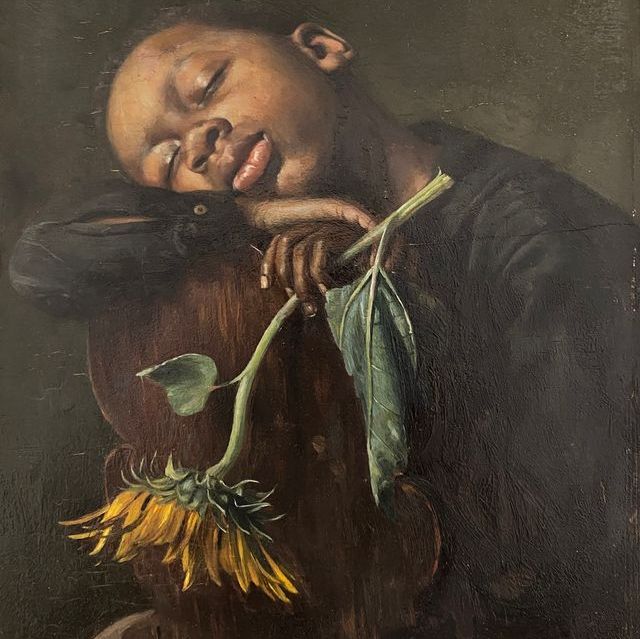
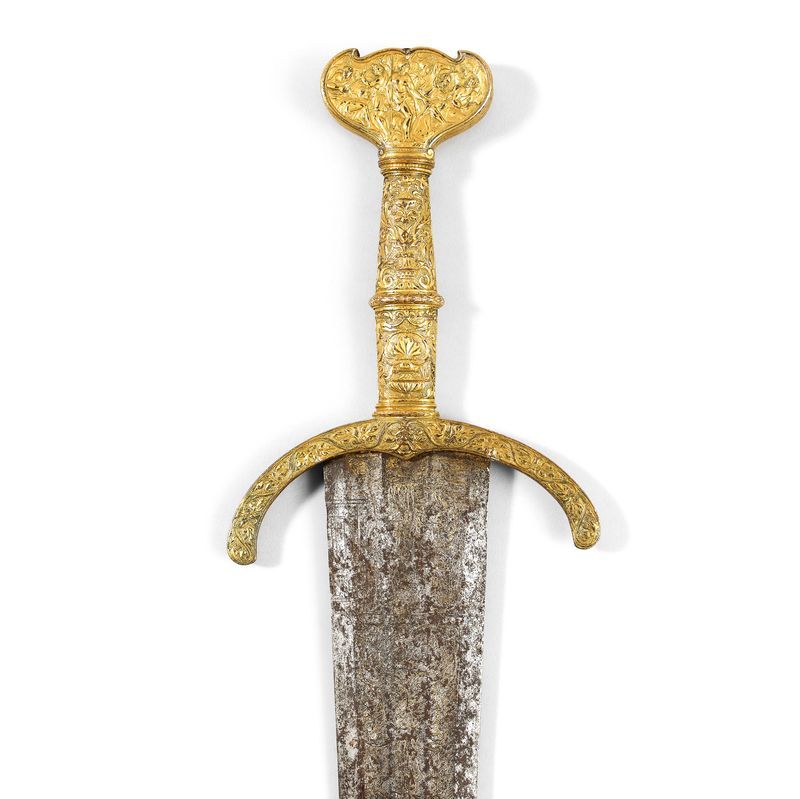
How does an auction work?
The auction process differs depending on whether you're the buyer or the seller.
An auction on the seller's side
The seller makes an appointment or sends photos to the auctioneer, who appraises the property. At Auctie's, we carry out an initial first estimate remotelyand, if necessary, we come to you to view the item, anywhere in France.
The seller then receives an estimate of the item from the auctioneer. The estimate is a price range (low - high) within which the auctioneer believes the item will sell.
This is a low estimate, since it allows a maximum number of buyers to bid, to make the final price soar.
If the seller agrees with this starting auction price, he decides to entrust the item to the auction house.
The auctioneer then draws up a description of the item, indicating all its characteristics (material, weight, provenance, condition), together with an estimate in a sales requisition.
The seller signs a contract authorizing the auctioneer to sell the item on his behalf in a future sale.
The auction house then proceeds to publicize the sale by catalog, press and prior exhibition, for example at the Hôtel Drouot.
He also carries out research on the object in order to enhance its value: in libraries, catalogs raisonnés and archives, but also by contacting specialized experts and laboratories, in order to maximize the value of the objects entrusted to him by his customers.
The auctioneer then auctions the item.
To remunerate itself, the auction house takes a fee from the seller on the hammer price. These fees are agreed in advance with the seller.
They are deducted from the sale settlement and therefore from the price paid by the auctioneer to the seller. The legal deadline for payment is generally 2 months.
An auction on the buyer's side
As for the buyer, he can go to the exhibition of an auction at Drouot, or to the auction house of his city. He can discover the objects that interest him. On the spot, he can ask any additional information on the object to the auctioneer and his team.
He raises his hand, or logs on to the Internet, to bid up to the maximum amount of his budget. The auctioneer will then have to calculate the additional costs, known as buyer's fees, on top of the hammer price: these are generally around 30% on top of the hammer price.
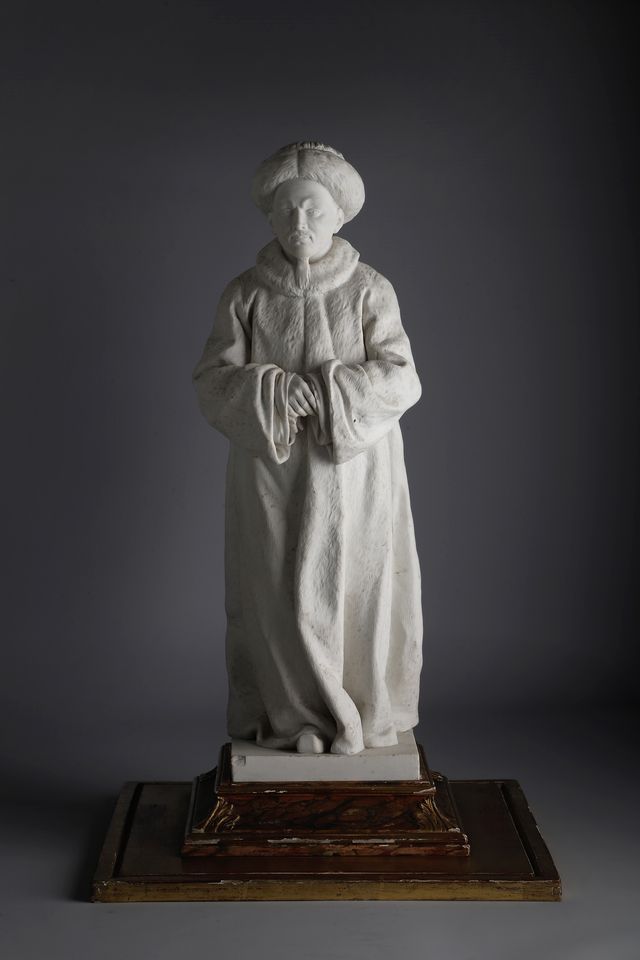
Good tips for participating in auctions
Good tips for selling during an auction
When it comes to auctions, the best practice is to listen to the auctioneer's advice. With an average of 300 lots per sale, the auctioneer knows how to advise his client on the best way to sell his object.
For example, the estimate must be in line with the quality of the object. An estimate that is too high in relation to market prices is unlikely to attract much interest from potential buyers.
For some items, too, certain listing fees are necessary, to enable the seller to present the item more effectively.
For example, some artists need a (paying) expert's certificate(Camoin or Picasso among others) to be sold, or laboratory certificates on certain diamonds.
This advice offers an added value to the object, which will sell at a higher result, because it is secured by a double approval: that of the professional auctioneer and that of the competent referent authority.
Good tips for buying at an auction
As a buyer, many things are in place to simplify your life.
- The purchase order first allows you to leave a maximum amount to the auctioneer who will bid for you, if you are in a meeting or on a plane. He will not exceed this amount.
- Online platforms such as Drouot live and Interenchères let you bid from the comfort of your sofa, on the train, on vacation... They're a quick and easy way to win your favorite lots.
- Live auctions are still the most traditional form of auction, and always an interesting experience. During the auction, you'll also discover lots you never knew existed.
You will then receive an adjudication slip if you win the lot. You'll need to pay it. At Auctie's, we're committed to making your life easier. That's why you can pay for your auction directly via a remote payment link. Once you've paid, our teams are at your disposal to collect your lot.
Register with your e-mail address to receive catalogues of our future sales.
Secure site, anonymity preserved
State-approved auctioneer and expert
Free, certified estimates